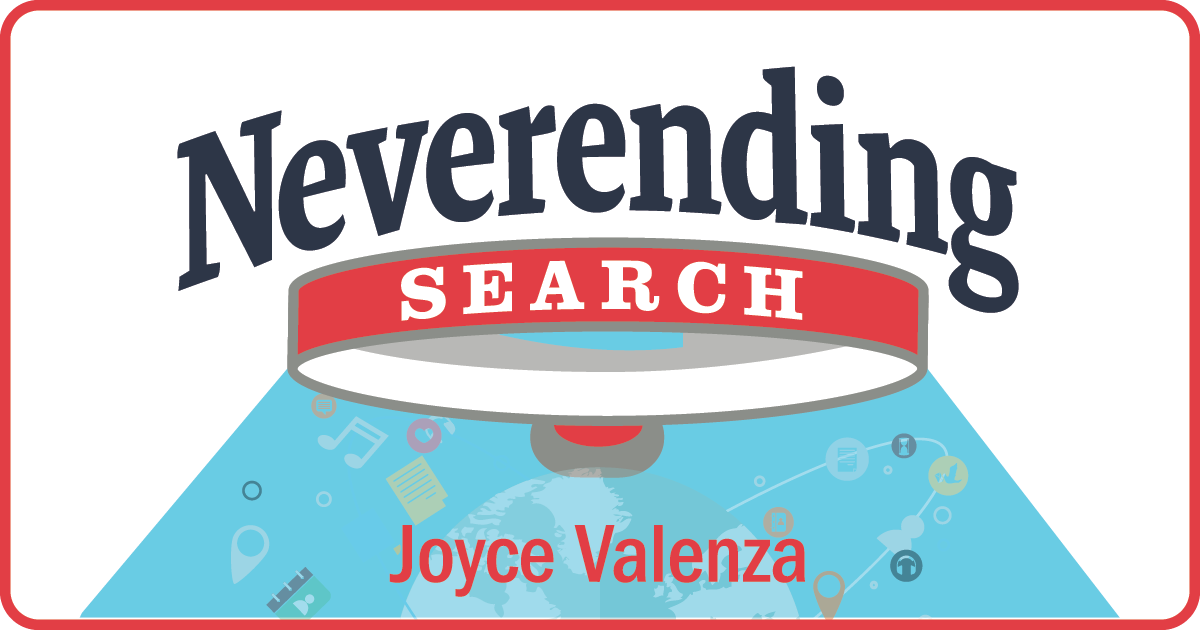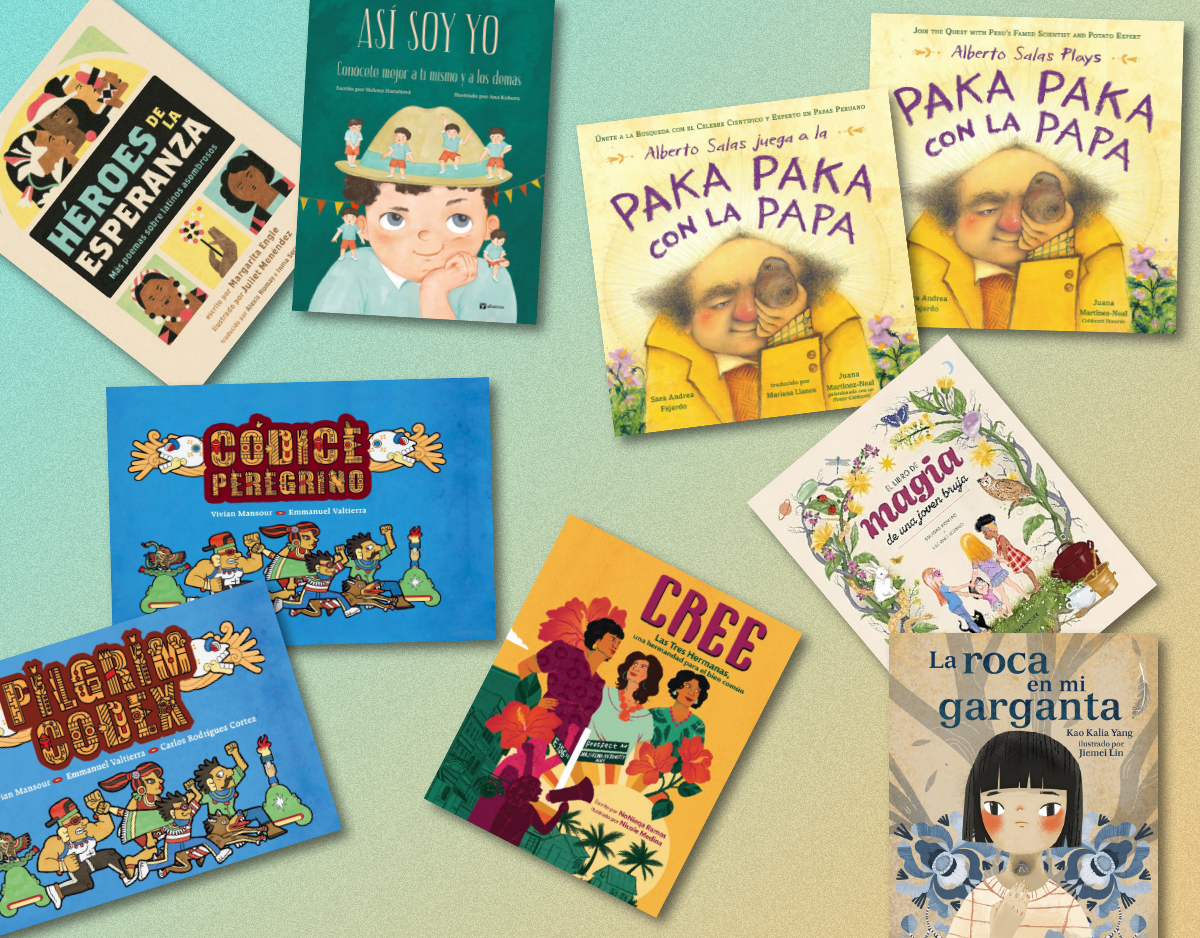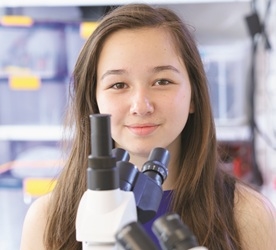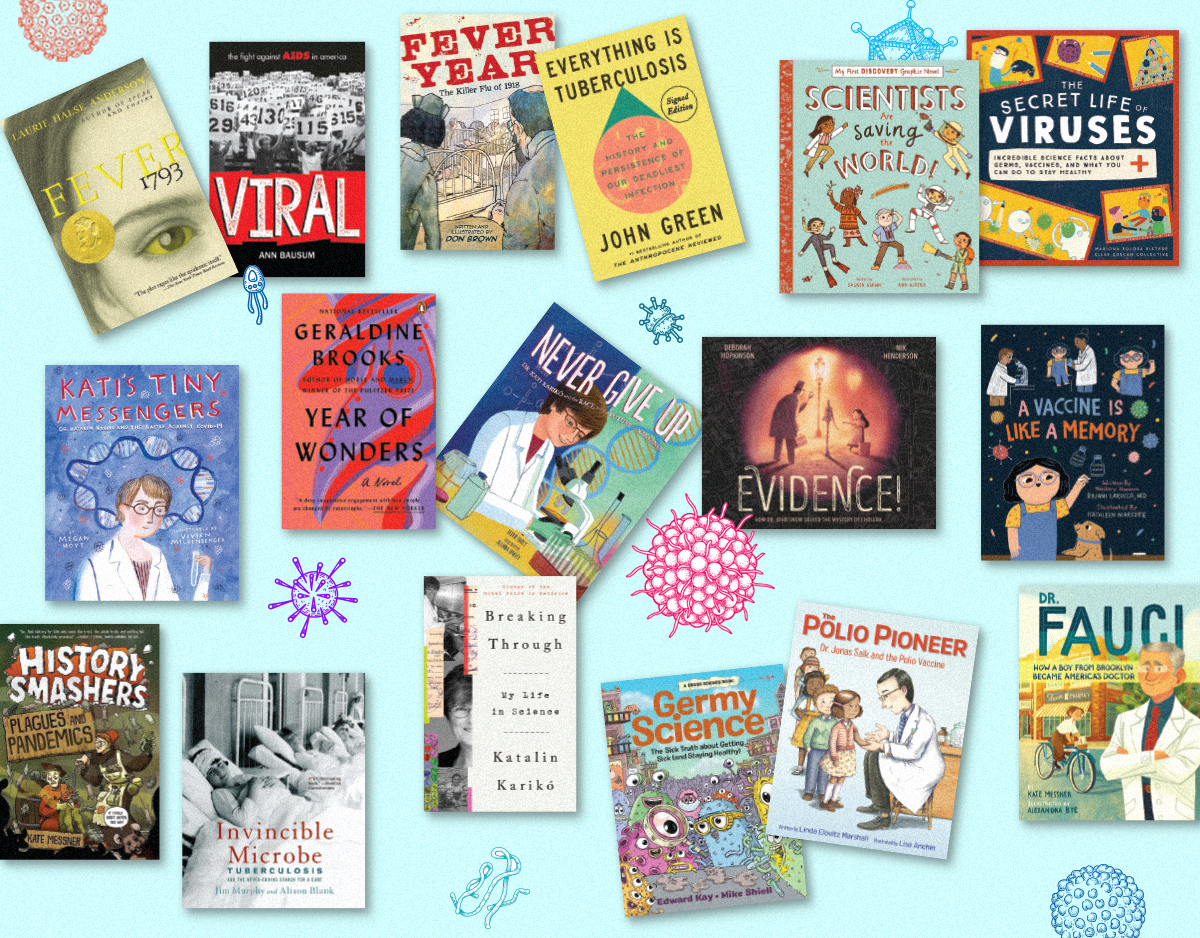SCROLL DOWN TO READ THE POST
Launching Future Ready Librarians
The Future Ready Librarians initiative launched at ALA and ISTE this week. We heard the buzz at AASL sessions, in the ISTE Librarians Playground, at the ISTELibrarians breakfast, and more importantly, at sessions at both conferences where others outside our little tent could hear the message.
The Future Ready Schools (FRS) initiative itself launched at the White House in October 2014. When a superintendent signs the Future Ready Pledge, he or she commits to implementing meaningful changes toward a digital learning transition that supports teachers, and addresses the district’s vision for student learning. district-wide outline seven tenets relating to digital learning.
ADVERTISEMENT
ADVERTISEMENT
 The program focuses around those seven tenets, or gears, with personalized student learning at the center:
The program focuses around those seven tenets, or gears, with personalized student learning at the center:
- curriculum, instruction, and assessment;
- personalized professional learning;
- use of space and time;
- data and privacy;
- community partnerships;
- technology and infrastructure;
- and budget and resources.
Future Ready is supported by an interactive Planning Dashboard. To date, more than 2200 superintendents have signed on to commit to work collaboratively and impact more than 16.3 million learners. 17 states have committed to initiatives.
Launched this week as an expansion of Future Ready Schools, the Future Ready Librarians project positions librarians for school and district leadership. I’ve been honored to be part of this initiative supported by the Department of Education’s Office of Educational Technology and let by the Alliance for Excellent Education in collaboration with Follett and AASL.
The project builds on the Alliance’s Leading In and Beyond the Library report which explores the role librarians should play in the transition to digital learning, Following several meetings and a day of work at San Francisco Public Library, our group aligned our own areas of professional expertise and skills to district level Future Ready goals. We examined the framework and linked it to the things librarians are already doing. In other words, and most importantly, we connected our skills and expertise to the language of superintendents.
The printable Future Ready Librarians Fact Sheet can be a critical advocacy tool. It shares the potential and significant value of our contributions:
As schools seek to become Future Ready, it is necessary to identify and cultivate leadership beyond district and building leaders. School librarians lead, teach and support their school’s and/or district’s Future Ready Schools (FRS) goals through their professional practice, programs and spaces. Derived from the FRS framework, these principles both describe how librarians can support schools in this transition and identify specific ways in which librarians can themselves become more Future Ready. By aligning with strategic initiatives like FRS, librarians can better connect their practices, programs and spaces to educational innovation in schools. If properly prepared and supported, school librarians are well positioned to be at the leading edge of the digital transformation of learning.

At the annual ISTE Librarians Breakfast Sara Trettin, Presidential Management Fellow from the Office of Educational Technology for the Department of Education introduced the initiative and former high school librarian, Mark Ray, who is currently the Future Ready Librarians Lead and Chief Digital Officer of Vancouver Public Schools, posed two questions:
- How can libraries and librarians support Future Ready schools?
- How can librarians become more Future Ready?
Future Ready Librarians is an opportunity for visibility and proof of our mission–for connecting with and connecting as school leaders. School librarians are part of the solution. We should be at the table when we discuss the future of learning and schools.
 Please watch Mark Ray’s recent TEDx video in which he shares a theory and asks a question:
Please watch Mark Ray’s recent TEDx video in which he shares a theory and asks a question:
“The theory is, We’re very good at thinking at associating librarians with our past. The question is, do you see them as part of the future?”
In his conclusion, Mark insists: The next time you are in a conversation with someone about libraries and librarians, make sure they’re talking as much about the future, as about the past.
I asked Mark to explain the importance of Future Ready Librarians initiative. He shared that it’s really about making critical connections:
The idea of Future Ready Librarians is powerful because it resonates with both librarians and educational leaders. Future Ready Librarians connects the dots between library and school leaders who, in fact, share a vision for future ready schools, but who may not realize they are logical partners to support innovation and personalized learning for kids.
About Joyce Valenza
Joyce is an Assistant Professor of Teaching at Rutgers University School of Information and Communication, a technology writer, speaker, blogger and learner. Follow her on Twitter: @joycevalenza
ADVERTISEMENT
SLJ Blog Network
Notes on June 2025
Press Release Fun: We Need Diverse Books, Authors, and Indie Bookstores Support Trans and Nonbinary Youth
Saturday Wars | Review
Our Mock Newbery List is Up to 52 Titles
How the movie Interstellar led to the YA book BOUND BY STARS, a guest post by author E. L. Starling
The Classroom Bookshelf is Moving
ADVERTISEMENT
ADVERTISEMENT







